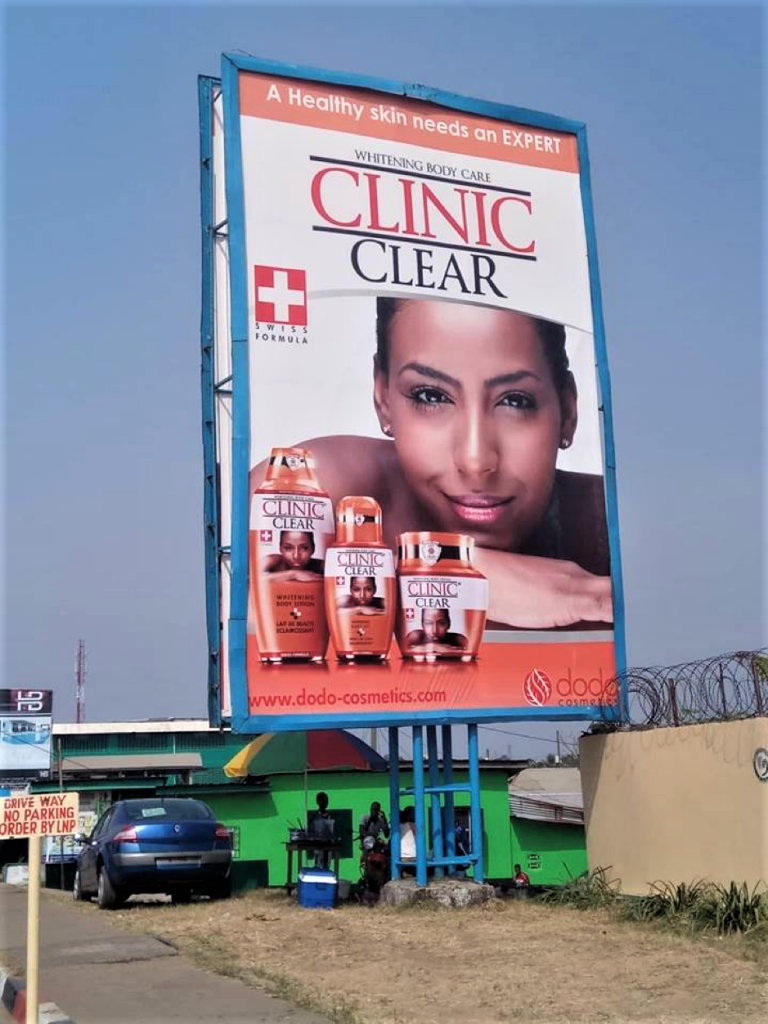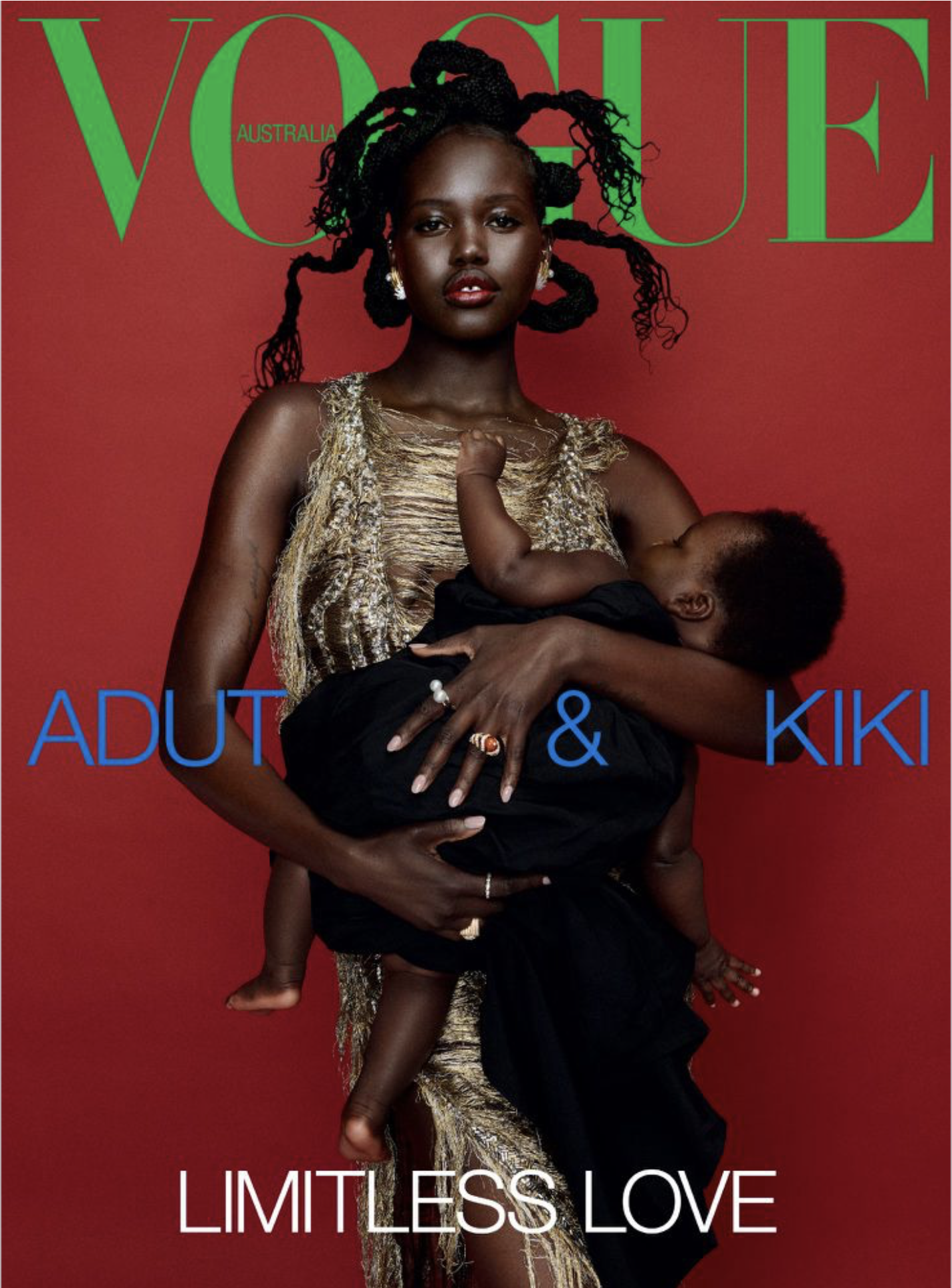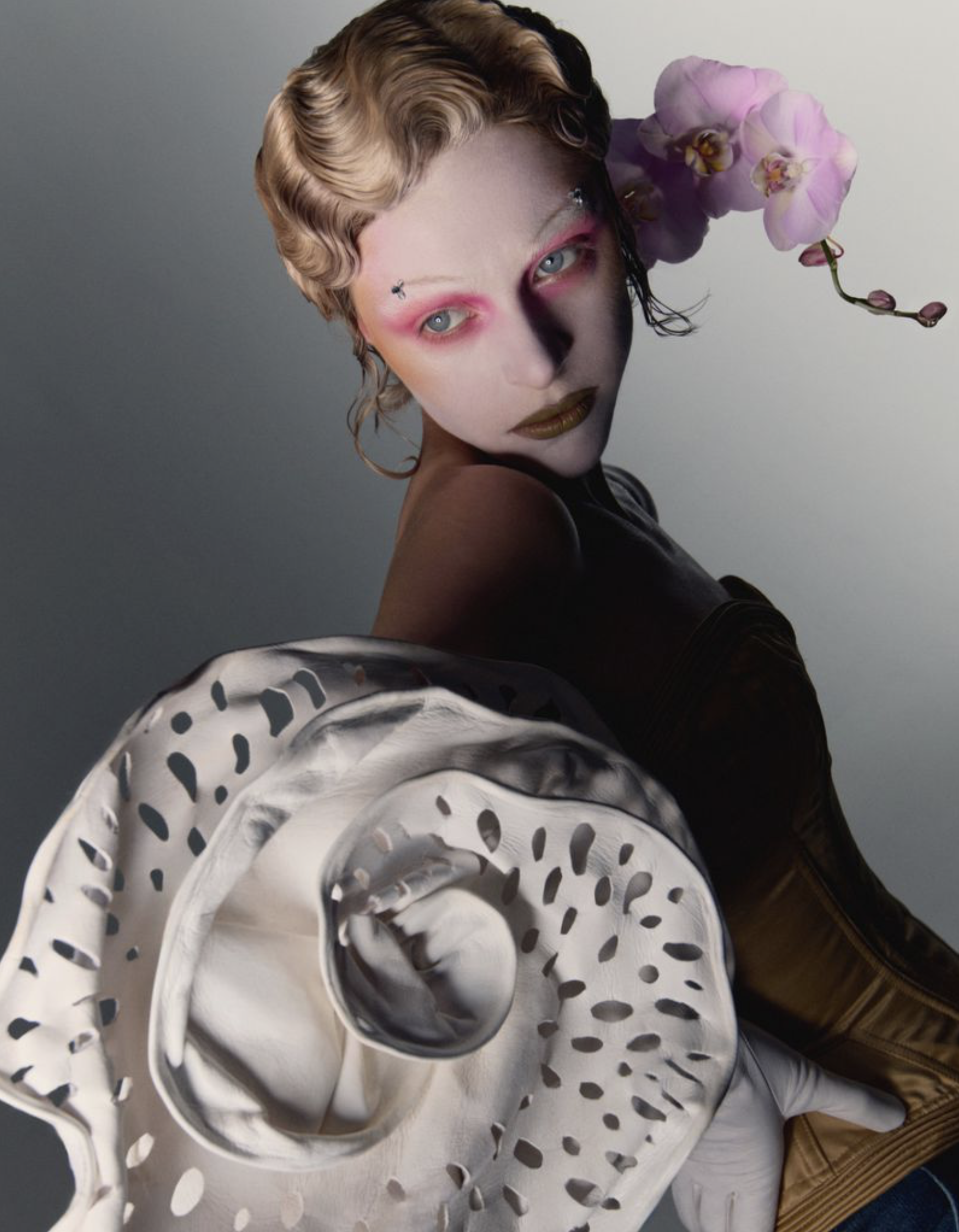There’s a Complex History of Skin Lighteners in Africa and Beyond AOC Body
Somali-American activists recently scored a victory against Amazon and against colourism, which is prejudice based on preference for people with lighter skin tones. Members of the non-profit The Beautywell Project teamed up with the Sierra Club to convince the online retail giant to stop selling skin lightening products that contain mercury.
After more than a year of protests, this coalition of antiracist, health, and environmental activists persuaded Amazon to remove some 15 products containing toxic levels of mercury. This puts a small but noteworthy dent in the global trade in skin lighteners, estimated to reach US$31.2 billion by 2024.
What are the roots of this sizeable trade? And how might its most toxic elements be curtailed?
The online sale of skin lighteners is relatively new, but the in-person traffic is very old. My new book explores this layered history from the vantage point of South Africa.
As in other parts of the world colonised by European powers, the politics of skin colour in South Africa have been importantly shaped by the history of white supremacy and institutions of racial slavery, colonialism, and segregation. My book examines that history.
Yet, racism alone cannot explain skin lightening practices. My book also attends to intersecting dynamics of class and gender, changing beauty ideals and the expansion of consumer capitalism.



































